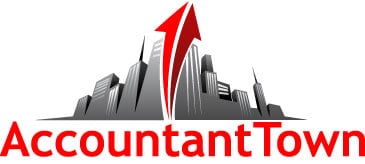FASB ASC 932 – Extractive Activities – Oil and Gas
The Financial Accounting Standards Board (FASB) released Accounting Standards Codification 932 (ASC 932) to address topics related to oil and gas extraction activities. Companies involved in these activities have several unique areas to account for including estimating the amount of resources remaining, the value of the extracted oil/gas, production costs, and more.
As there are large costs associated with the finding of these resources as well as installing the machinery to extract them, this can be a significant area as well.
ASC 932-330-55 Energy Derivatives and Contracts
One specific item which relates to the oil and gas industries are the derivatives and contracts that are purchased. Companies will often utilize these in order to remove volatility involved with pricing of energy. Ultimately, the standard has come to the conclusion that these contracts which are held for sale should not be recorded in the financials at fair value, and neither should the physical inventory of energy be carried at fair value.
Special Capitalization Rules for ASC 932
As the oil and gas industries have unique underlying business activity than other industries, there are special rules which follow the capitalization of industry specific transactions. For example:
- Interests in properties used for commodity extraction, including those with no proven commodity
- Wells and the equipment which are a part of these facilities
- Equipment and facilities which are utilized in connection with support of the extraction process
- Wells, equipment, and facilities which are in the progress of being constructed
Accounting made easy, for FREE!

Access the contact form and send us your feedback, questions, etc. We are always welcome to help someone out. You can also contact us if you wish to submit your writing, cartoons, jokes, etc. and we will consider posting them to share with the world! The Facebook and LinkedIn groups are also good areas to find people interested in accounting like yourself, don’t hesitate to join as everyone of all levels are welcome to become part of the community.

